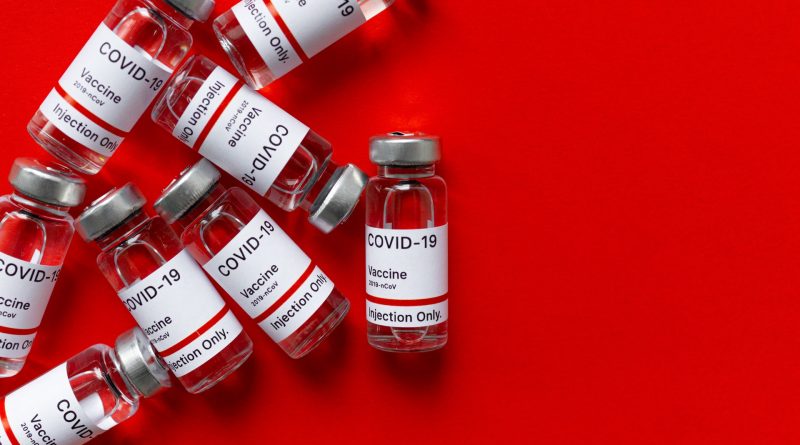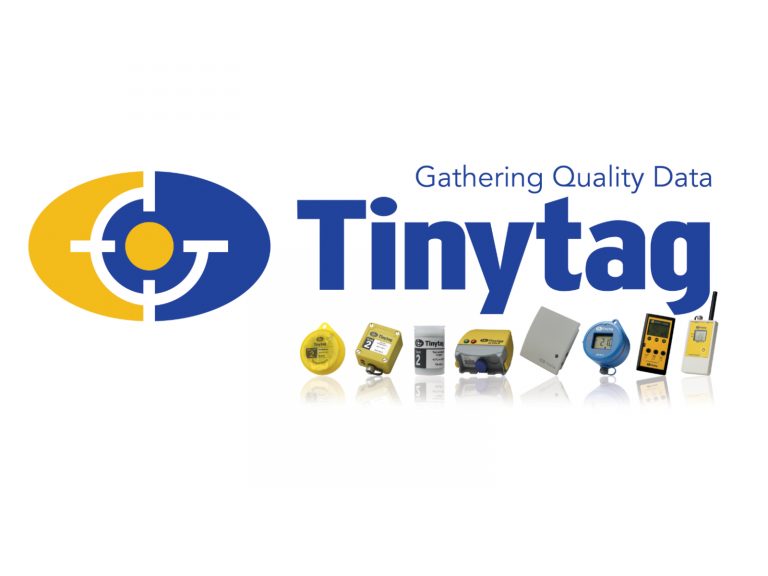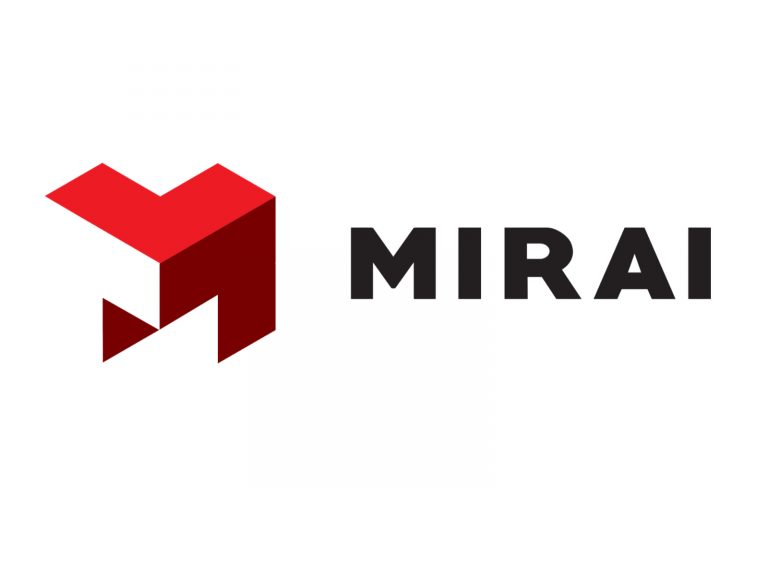FDA Expands Use of COVID-19 Vaccine Booster Dose in Eligible Populations
The US Food and Drug Administration has granted approval for administration of COVID-19 vaccine booster dosage, upgrading the emergency use authorizations (EUA) for COVID-19 vaccines for eligible groups including individuals aged 65 and above, those aged 18 to 64, who are at a high risk of developing severe COVID-19 or often exposed to SARS-CoV-2 in the workplace or in institutions.
Individuals 18 years of age and older may get a single booster dose of the Janssen (Johnson & Johnson) COVID-19 Vaccine at least 2 months after completing the single-dose primary regimen.
According to the FDA announcement, following completion of primary immunization with a relevant available COVID-19 vaccine, eligible persons get each of the available COVID-19 vaccines as a heterologous (or “mix and match”) booster dose. Individuals, 18 to 64 years of age with frequent institutional or occupational exposure to SARS-CoV-2 can get a single booster dose of the Pfizer-BioNTech COVID-19 Vaccine at least 6 months after completing the initial series.
Acting FDA Commissioner Janet Woodcock, M.D. said:
“Today’s actions demonstrate our commitment to public health in proactively fighting against the COVID-19 pandemic. As the pandemic continues to impact the country, science has shown that vaccination continues to be the safest and most effective way to prevent COVID-19, including the most serious consequences of the disease, such as hospitalization and death. The available data suggest waning immunity in some populations who are fully vaccinated. The availability of these authorized boosters is important for continued protection against COVID-19 disease.”
Peter Marks, M.D., Ph.D., director of the FDA’s Center for Biologics Evaluation and Research commented:
“The amendments to the emergency use authorizations to include a single booster dose in eligible populations are based on the available data and information and follows the input from the members of our advisory committee who were supportive of the use of a booster dose of these vaccines in eligible populations. We are also taking action today to include the use of mix and match boosters to address this public health need. We will work to accrue additional data as quickly as possible to further assess the benefits and risks of the use of booster doses in additional populations and plan to update the healthcare community and public with our determination in the coming weeks.”
Authorization of Moderna COVID-19 Vaccine Booster Dose
The FDA’s emergency use authorisation of a single booster dose of the Moderna’s COVID-19 Vaccine is based on a comprehensive evaluation of the data showing the immune responses of 1,055 trial participants after completing their two-dose series versus the immunological responses of 149 people 18 years of age and older who got a booster dose at least 6 months following their second dose from the original clinical studies. The 149 participants’ antibody response to the SARS-CoV-2 virus 29 days after receiving a booster dose demonstrated booster response. The FDA also looked at an additional Moderna analysis comparing COVID-19 rates during the Delta variant surge in July and August 2021, which suggested that vaccination efficacy is declining over time.
The safety of 171 individuals aged 18 and above who got the booster dose of the vaccine was assessed over the course of six months. Discomfort at the injection site, fatigue, headache, muscular and/or joint pain, chills, enlarged lymph nodes in the same arm as the injection, nausea and vomiting, and fever were the most often reported adverse effects among clinical trial participants. Swollen lymph nodes in the underarm were seen more frequently after the booster dosage than after the two-dose main series. Following immunization with the Moderna COVID-19 vaccine, the FDA and the Centers for Disease Control and Prevention (CDC) safety surveillance systems have detected an elevated risk of inflammatory cardiac disease, myocarditis, and pericarditis, particularly after the second dosage. The adverse event has been observed usually a few days after immunization, particularly by males below the age of 40 and usually between the ages of 18 and 24, who are considered to have a greater risk than females and older males.
The Moderna COVID-19 single booster dosage is half the dose given for a primary series dose and should be given at least six months after the first series has been completed.
Authorization of Janssen (Johnson and Johnson) COVID-19 Vaccine Booster Dose
The FDA’s approval for the emergency use of a single booster dose of the Janssen COVID-19 Vaccine is based on an analysis of immune response data in 39 individuals from a clinical study, comprising 24 participants aged 18 to 55 and 15 participants aged 65 and up. Participants in the research were given a booster dosage about two months after their first dose, and the findings showed a booster response. In all, around 9,000 clinical trial participants got two doses of Janssen COVID-19 Vaccine at least two months apart, with about 2,700 of them receiving at least two months of safety follow-up after the booster dose. These trials’ safety assessments by Janssen have not shown any new safety concerns. Following the delivery of the Janssen COVID-19 vaccine, previous assessments from the FDA and CDC safety surveillance systems show an elevated risk of a dangerous and uncommon kind of blood clot in conjunction with low blood platelets. Thrombocytopenia syndrome is the name for this severe disease (TTS). TTS symptoms occurred one to two weeks after immunization in people who got TTS after getting the vaccine.TTS has been reported most frequently by women aged 18 to 49. Furthermore, safety surveillance shows an elevated risk of Guillain Barré syndrome, a severe neurological condition, within 42 days of receiving the Janssen COVID-19 Vaccine.
Authorization of “Mix and Match” Booster Dose
FDA has also authorised the use of heterologous (or “mix and match”) booster doses for COVID-19 vaccines that are already accessible (i.e., FDA-authorized or approved).The FDA has determined that the known and potential benefits of using a single heterologous booster dose outweigh the known and potential risks of using them in eligible populations, based on the discussion of the National Institute of Allergy and Infectious Diseases’ Vaccines and Related Biological Products Advisory Committee and the agency’s evaluation of the available clinical study data. Following completion of primary immunization with a different available COVID-19 vaccine, a single booster dose of any of the available COVID-19 vaccines may be delivered as a heterologous booster dose.
A heterologous booster dosage is permitted for the same population(s) and dosing interval as a booster dose of the vaccine used for initial immunization. For instance, Janssen COVID-19 Vaccine patients aged 18 and above may get a single booster dose of Janssen COVID-19 Vaccine, Moderna COVID-19 Vaccine (half dosage), or Pfizer-BioNTech COVID-19 Vaccine at least two months after having their first immunization with Janssen COVID-19 Vaccine.
Moderna COVID-19 Vaccine and Pfizer-BioNTech COVID-19 vaccine recipients belonging to the authorized booster categories (65 years and older, 18 to 64 years of age at high-risk of severe COVID-19, and 18 to 64 years of age with frequent institutional or occupational exposure to SARS-CoV-2) may receive booster dose of Moderna COVID-19 Vaccine (half dose), Pfizer-BioNTech COVID-19 Vaccine or Janssen COVID-19 Vaccine at least six months after completing their primary vaccination.
Health care professionals and COVID-19 vaccine recipients are likely to have questions regarding booster doses, according to the CDC. Individual fact sheets for each vaccine are available for health care providers and immunization recipients to review. Following a meeting of the CDC’s Advisory Committee on Immunization Practices and official recommendations signed by the CDC director, the agency urges health care providers to adopt the CDC’s recommendations.
Recommended Companies
More Headlines







